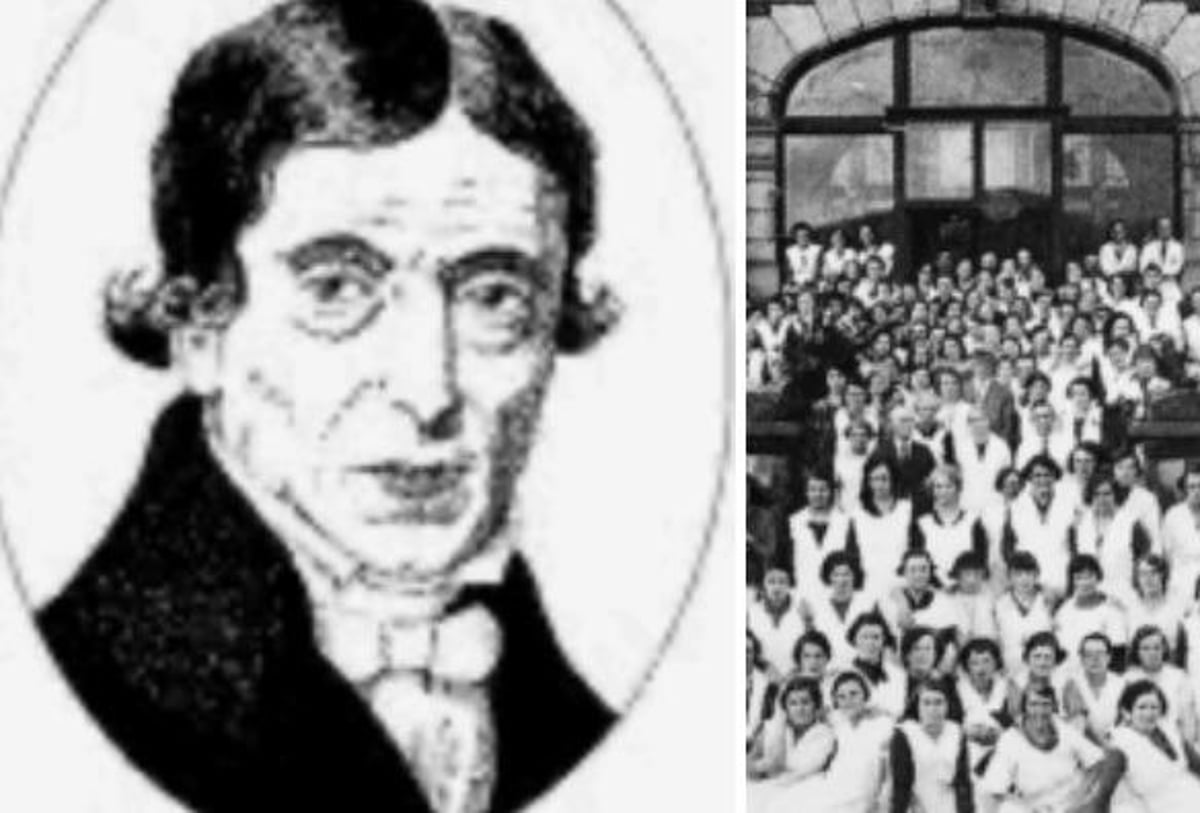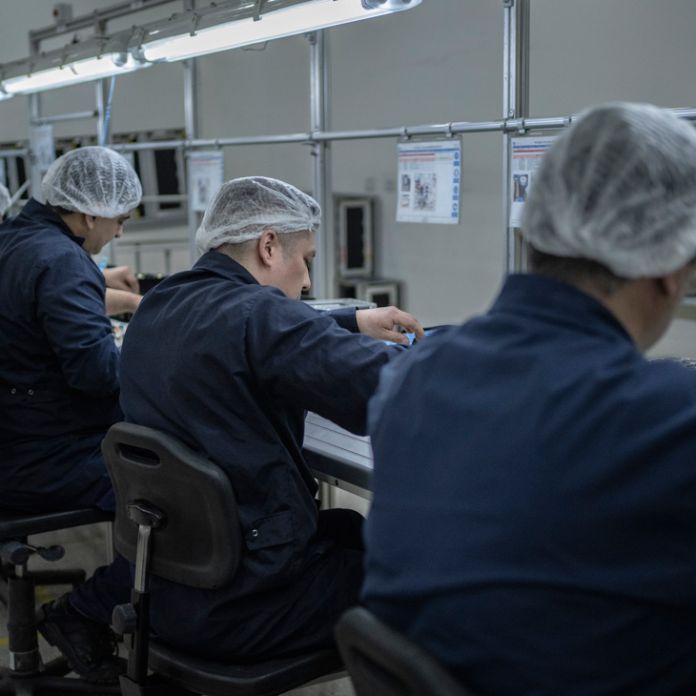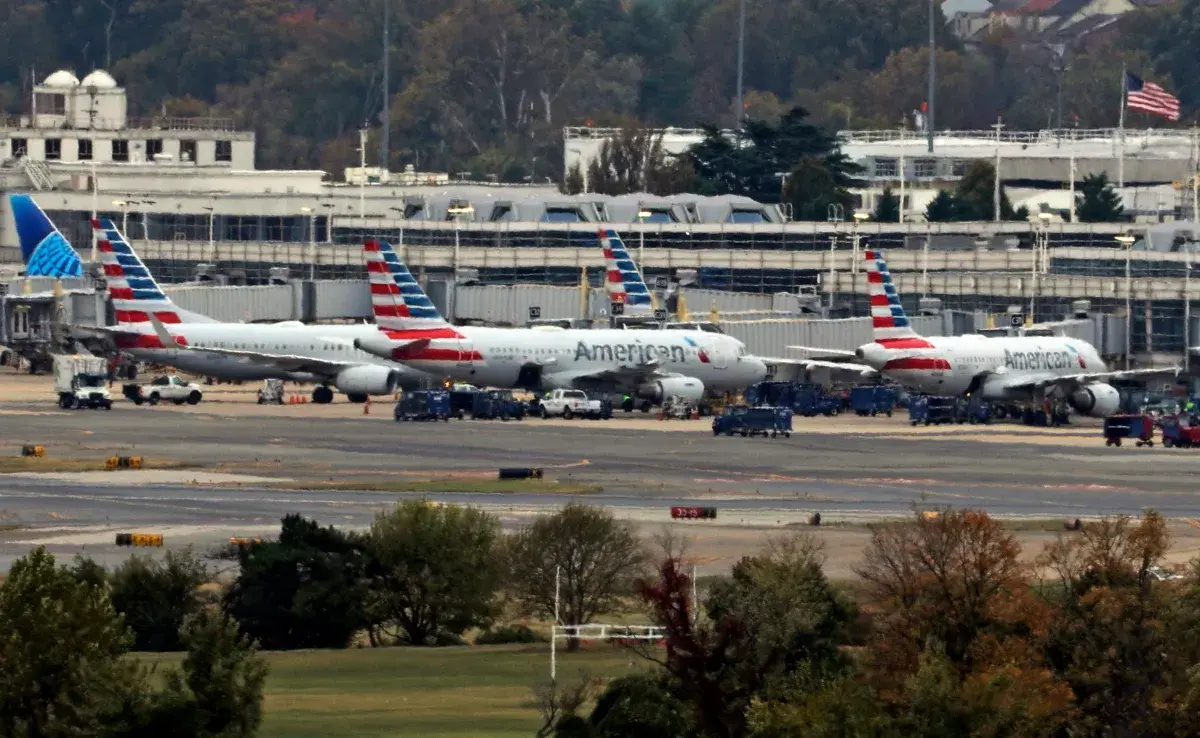Copyright derryjournal

He used the new Derry-Glasgow steamship service on his linen-selling trips. In Glasgow, aged 66, he noticed the new men’s fashion for white shirts with collars. So in summer 1831, he also brought to Glasgow a dozen readymade shirts, made by his wife and daughters. From Scott’s business acumen, Derry became a world-leading manufacturer of shirts. By 1850 Derry had five shirt factories; by 1926 it had 44, employing 8,000 people. But globalisation via the 1974 Multi-Fibre Agreement and the 1995 Agreement on Textiles & Clothing reduced tariffs on imported clothing. Without protective tariffs, Derry’s shirt industry declined and jobs moved to Morocco, Bangla Desh, Turkey, Vietnam, China. Workers benefitted hugely in those developing countries. The last 50 years has seen over a billion people lifted out of extreme poverty - over 800 million in China alone. But the price was paid by workers in older industries like Derry’s shirtmakers; like shipbuilders and steelworkers in the North of England; and the industrial workers in America’s ‘Rust Belt’. So Friends of the Factories (www.friendsofthefactories.com), remembering Derry’s shirtworkers, have erected plaques on seven former major factories - The City, Ebrington, Hogg & Mitchell, Rosemount, Sinclair’s, The Star, and Welch Margetson. Advanced economies always face competition from lower-cost economies. Our businesses have to move up the skills chain - from shirts to electronics, to technology, to telecommunications, to computerisation, to Artificial Intelligence, to …? Businesses always have competitors. And entrepreneurs like William Scott create new businesses.



